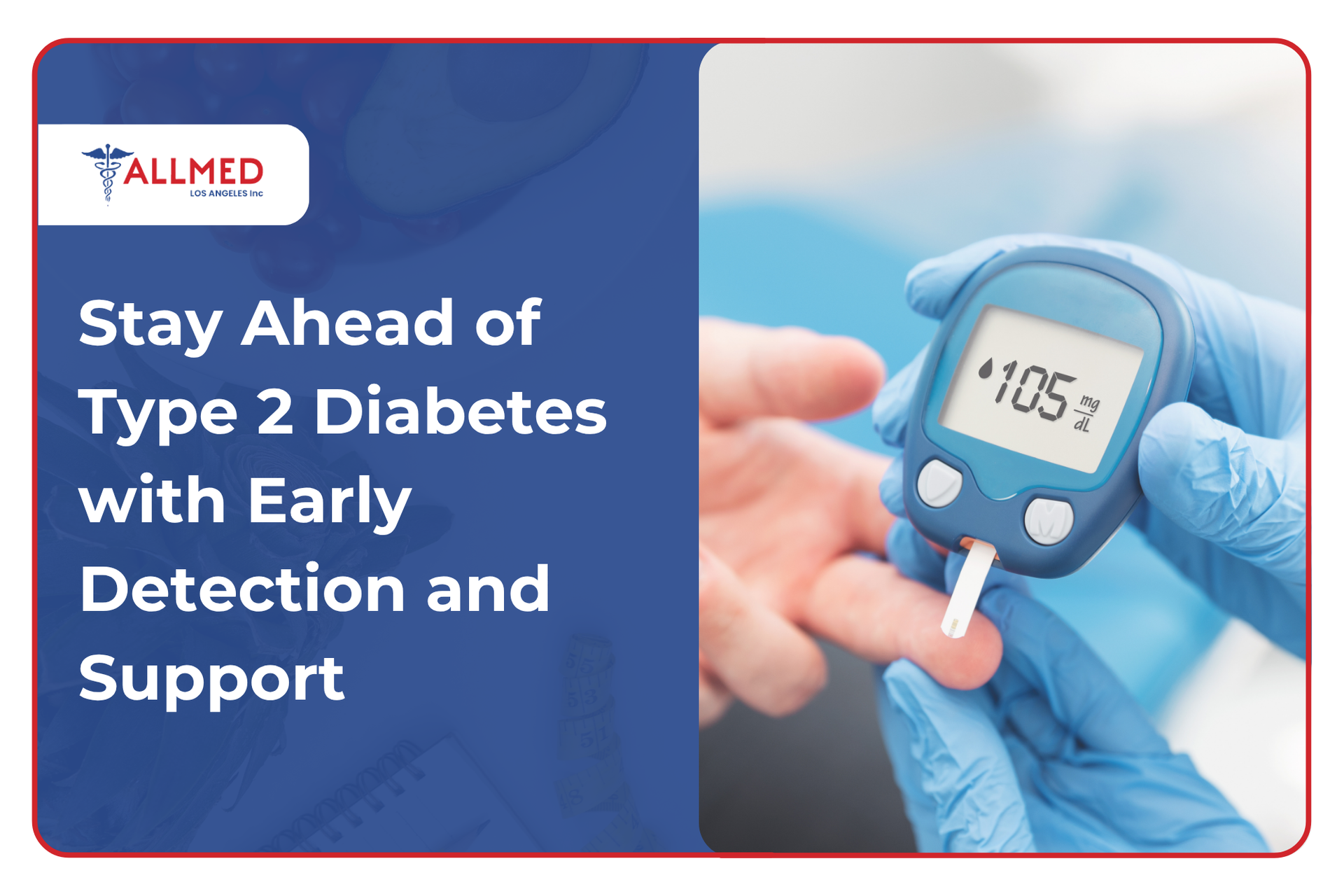Back in 2024, over 60% of New Year's resolutions had one thing in common:
health. But by March, only 9% of people were still going strong, according to Forbes Health.
Healthy eating, as a concept, has been drilled into our consciousness early on at school and home. However, it takes time and effort to grow on you. Misconceptions about healthy food choices, like nutritious food being complicated or expensive, can make a smart eating lifestyle difficult for a lot of people.
Some are making wide-sweeping changes, such as switching to gluten-free diets or cutting out entire food groups (fat-free or no more carbs). In contrast, others ride through "food challenges" that rarely convert them into mindful eaters.
It's normal to feel discouraged when these attempts fail, but you can change that through
clinical nutrition counseling and by introducing small changes, like:
• Make better food swaps
• Portion with purpose
• Fuel up on real nutrients
Let's examine these small changes and explore practical tips to ensure these micro habits stick throughout your wellness journey.
Take Control of Your Eating Habits
Start with Small, Smart Swaps
Starting with one swap sounds less complicated and more doable. Adding this simple change to your shopping and eating routines helps rewire your thinking to opt for healthy eating. Some examples include:
☐
Switch sugary drinks to water or herbal tea.
☐
Choose whole grains over refined grains.
☐
Replace processed snacks with fruits, nuts, or yogurt.
Consistently making
smart food substitutions helps reinforce brain pathways, making it more likely for you to pick water over soda when you're thirsty. Over time, your brain will likely recognize these healthier choices as the new norm.
With consistency, what once felt like effort will become instinct; before you know it, you're sticking to your nutrition goals without feeling the strain of battling old eating habits.
Portion Control and Mindful Eating
Understanding portion sizes informs your decisions to add, reduce, or maintain portions that are right for your goals, whether it's weight loss or supporting your athletic performance. For beginners, check out these tips:
☐
Use smaller plates to reduce portion sizes.
☐
Pause halfway through meals and check for fullness.
☐
Plan meals to avoid last-minute takeout.
Meal planning allows you to include healthy fats, protein, or fiber in your meals. It also helps you avoid last-minute choices that often lead to ordering takeout, which features overly processed food.
For tailored suggestions on portions and planning, consult with your primary care doctors. They can assess your dietary habits and create a nutrition plan that caters to your lifestyle, medical history, and chronic conditions.
Boosting Nutrients Without Overhauling Your Diet
A common wellness concern many Americans face is a low intake of foods with nutrients, specifically potassium, vitamin D, calcium, and dietary fiber. Here are some simple changes you can make to address these deficiencies:
☐
Sneak in at least one veggie in your meal.
☐
Add lean proteins like chicken, beans, or eggs.
☐
Choose foods rich in vitamins and minerals.
For a complete list of food sources for these nutrients, refer to the
2020–2025 Dietary Guidelines for Americans. Primary care providers suggest adopting these habits gradually, as making drastic changes might make you feel overwhelmed.
In worse cases, completely overhauling your diet overnight may result in rebound eating, a cycle of overeating following strict dieting.
Making Healthier Choices on a Budget
To begin reaping the benefits of eating healthy, consider the following tips:
☐
Shop at farmer’s markets for fresh produce.
☐
Check food labels for hidden sugar and unhealthy fats.
☐
Plan meals to avoid impulse buys.
Farmer's markets can be an excellent addition to your grocery routine or preventive care appointment. After visiting our Huntington Park clinic, you can drop by the nearest Farmer's Market in a 5-minute ride across Salt Lake Park (Wednesdays, 8:30 AM–1:30 PM).
Or, if you find yourself at our El Monte clinic, consider taking a 2-minute trip to the El Monte Farmer's Market. They’re open on Thursdays around 5:00 PM–9:00 PM. Also, visit the American Heart Association website
(https://recipes.heart.org/) for various affordable recipe ideas curated by courses and ingredients.
Staying Consistent Without Feeling Deprived
You don’t have to give up everything to stay healthy. To consistently practice mindful eating, consider practicing the 80/20 rule. Use this flexible approach to focus on healthy food 80% of the time and then indulge your cravings for the rest (20%).
Here are some additional practices to consider:
☐
Try healthier versions of your favorite comfort foods.
☐
Celebrate progress—every small change counts!
Finding healthy alternatives to comfort foods is essential: these food groups involve memories of home and tradition. Fortunately, people have more access to nutritious recipes, like baked sweet potato fries.
Don't forget to celebrate winning moments, such as drinking more tea or discovering a sustainable nutrition store. This is important for every habit-building exercise, healthy eating included.
Your Health Goals, Our Expertise
When you need help, schedule your clinical nutrition counseling with AllMed LA. Let our experts assist you in choosing the nutrition guidance that matches your 2025 nutrition goals:
Together with our experienced nutrition consultants, we can refine your small habits and make eating right work for you—one meal at a time.
Get Support with Clinical Nutrition Counseling
Three months in: have you ticked off most of your year 2025 goals—like eating well? Contrary to misconceptions, you don't need a full dietary reboot to make a difference. From food swaps to portion awareness, simple shifts are doable steps forward and less overwhelming.
At AllMed LA, we empower you to make these small changes that work and last. Our nutrition consultants will help you through assessments, meal planning, evidence-based education, and ongoing support.
Simple steps today, stronger habits tomorrow.
Book Your Personalized Session Now
















